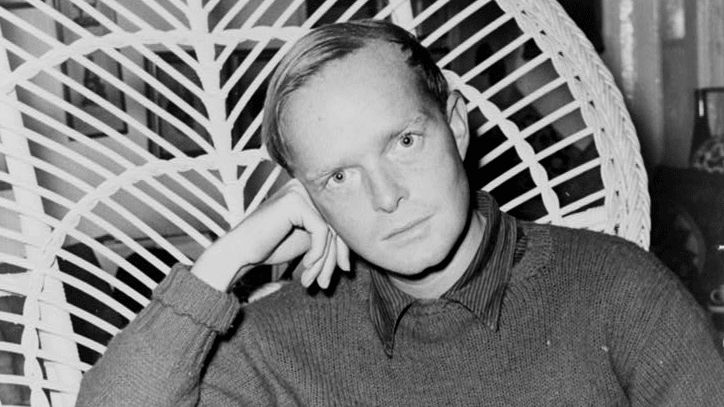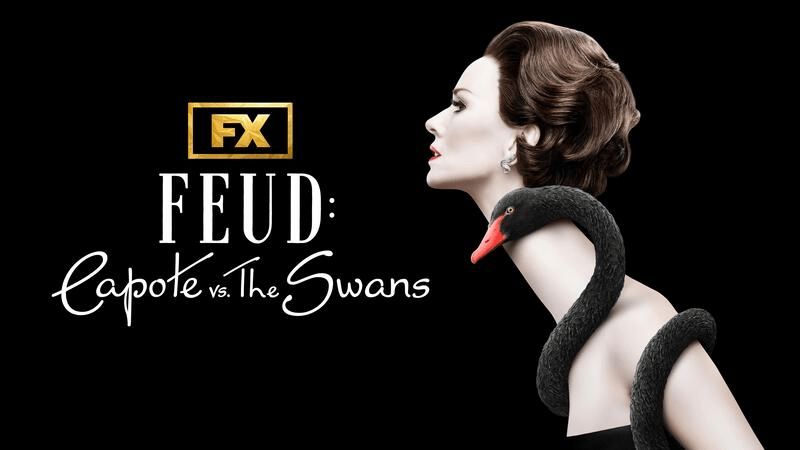Stepping into the shoes of Truman Capote, Tom Hollander delves into the writer’s tumultuous final chapter in FX’s ‘Feud: Capote and the Swans’. The series, an eight-episode saga, explores the complex rift between Capote and his high-society muses, the Swans, against the backdrop of his controversial novel, ‘Answered Prayers’. The narrative spans until Capote’s demise at 59 from liver disease in 1984, with the unfinished novel seeing posthumous publication two years later.
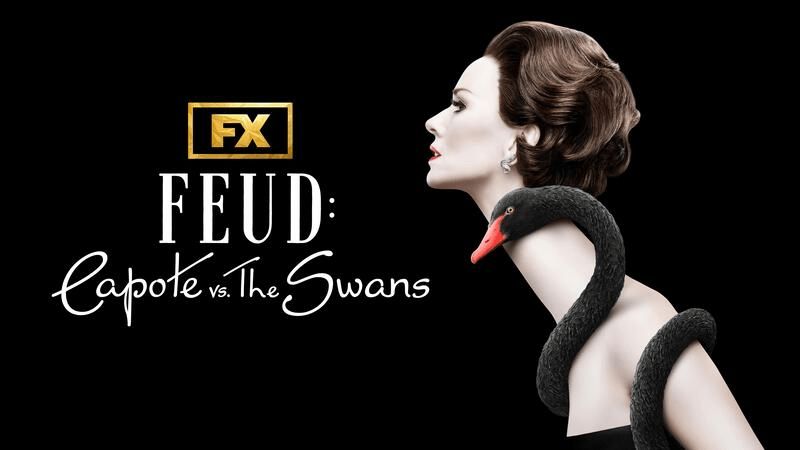
Hollander, who previously missed out on portraying Capote, expresses a sense of serendipity about his casting in ‘Feud’. I’m now, of course, thrilled that I didn’t get it,
he reflects. This ‘Feud’ version is a sort of elegy; it’s the last phase and the dark journey that he took. I couldn’t have played that then. The right things happen at the right moment.
This sentiment reflects a belief in destiny’s timing and an appreciation for the depths explored in this iteration of Capote’s story.
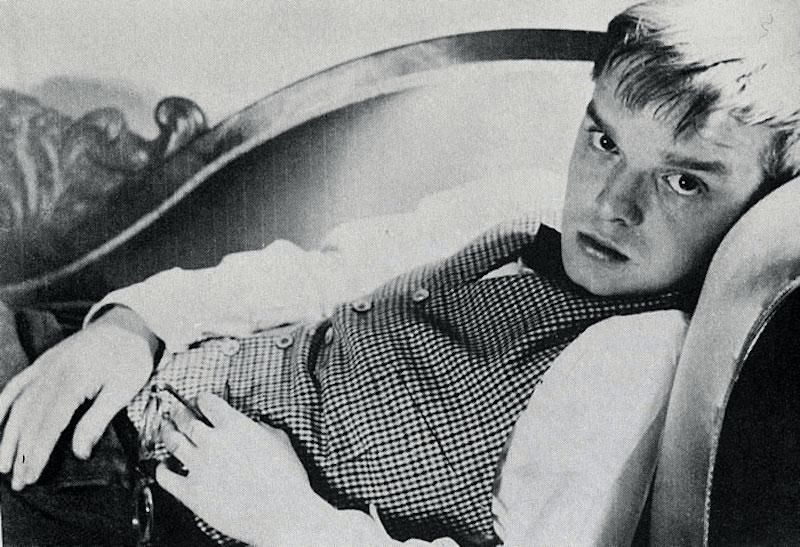

Imagining Forgiveness and Guilt
The finale episode presents a poignant ‘what if’ scenario, imagining Capote seeking reconciliation with each Swan. Hollander discusses the complexities of forgiveness and guilt: I’m not entirely convinced that he did feel guilty because I don’t think he felt he had anything to be guilty about,
he says. He desperately missed his friends… But at other moments, he felt defiant and enraged that they’d gotten so angry when he was merely being himself – the person they all had known for years.
The actor’s insights add layers to our understanding of Capote’s psyche during these fictionalized moments of contrition.
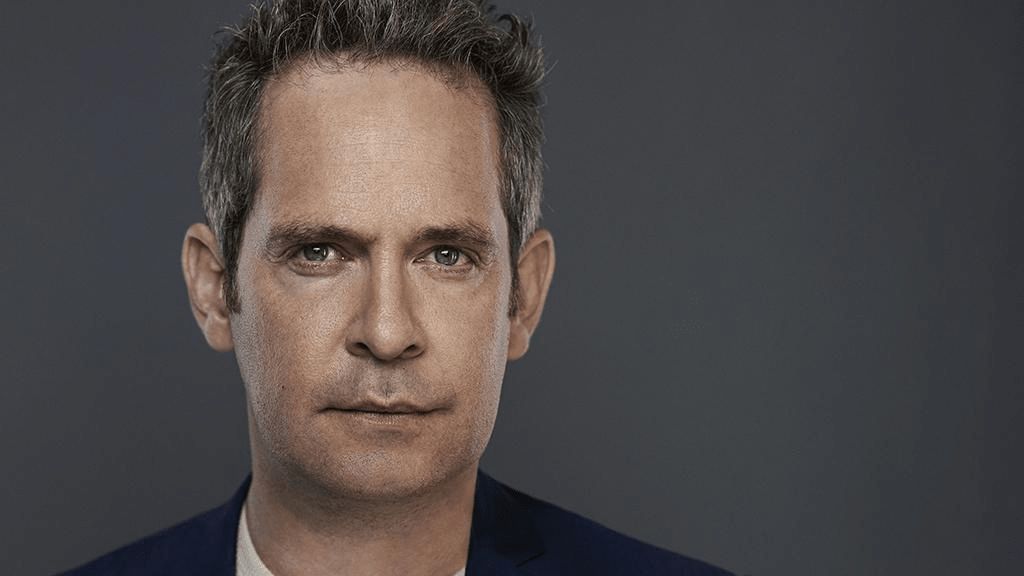

The Legacy of ‘Answered Prayers’
Hollander contemplates the legacy of ‘Answered Prayers’, considering its impact: If the writing had been better, maybe people wouldn’t have gotten so cross. If he’d written the ladies more beautifully, maybe they wouldn’t have been so outraged about having their secrets uncovered.
He muses on the possibility of lost chapters and concludes with a touch of regret: I worry that he simply never got down to it or threw them away because he knew it wasn’t good enough.
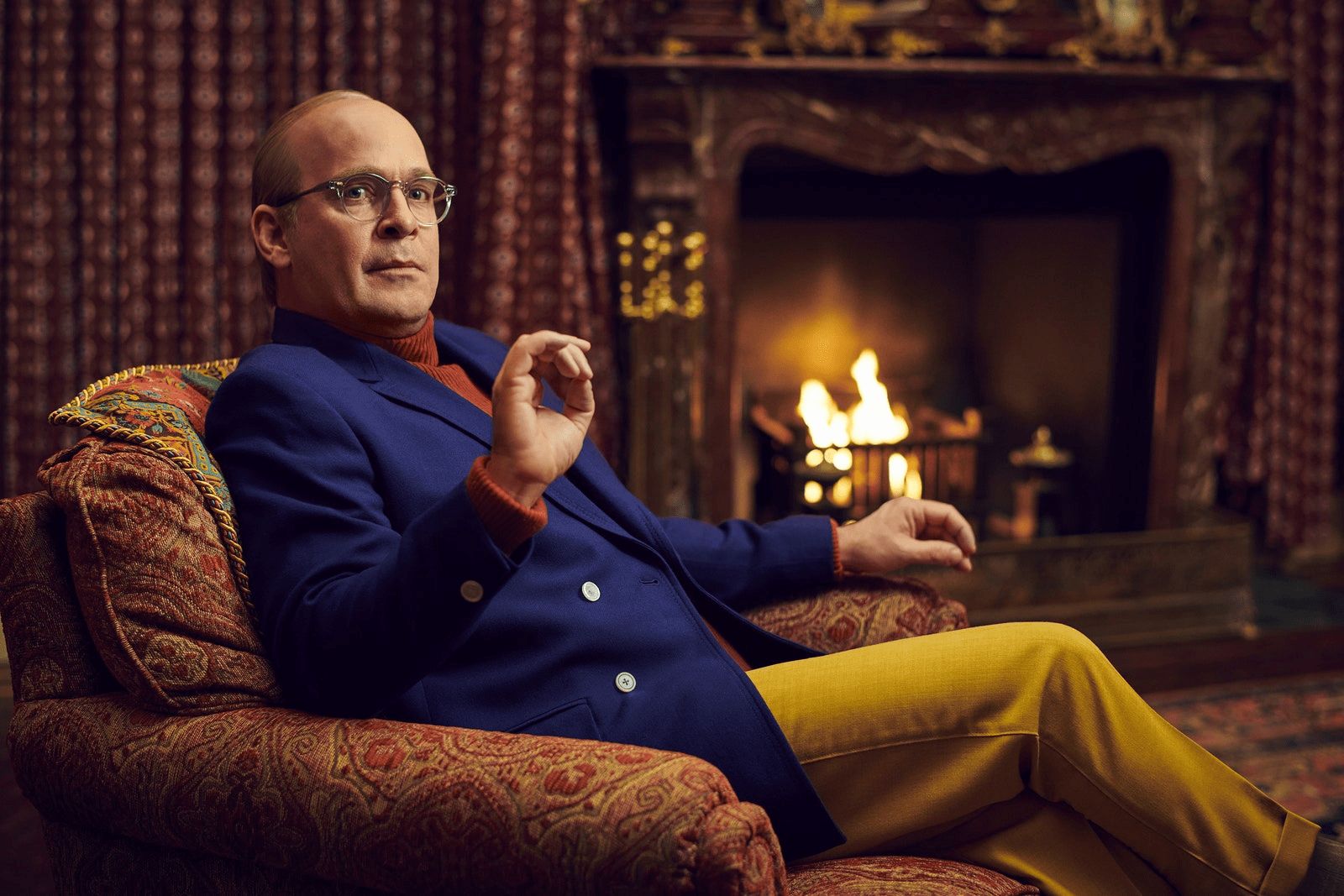

A Fond Farewell to a Complex Character
After embodying Capote for an extended period, Hollander admits to missing the character. When a character is in your body and heart for long enough, then you miss them like a friend when you don’t do it anymore,
he shares. The actor’s connection to Capote underscores the depth of his portrayal and hints at the transformative nature of such an immersive role.
